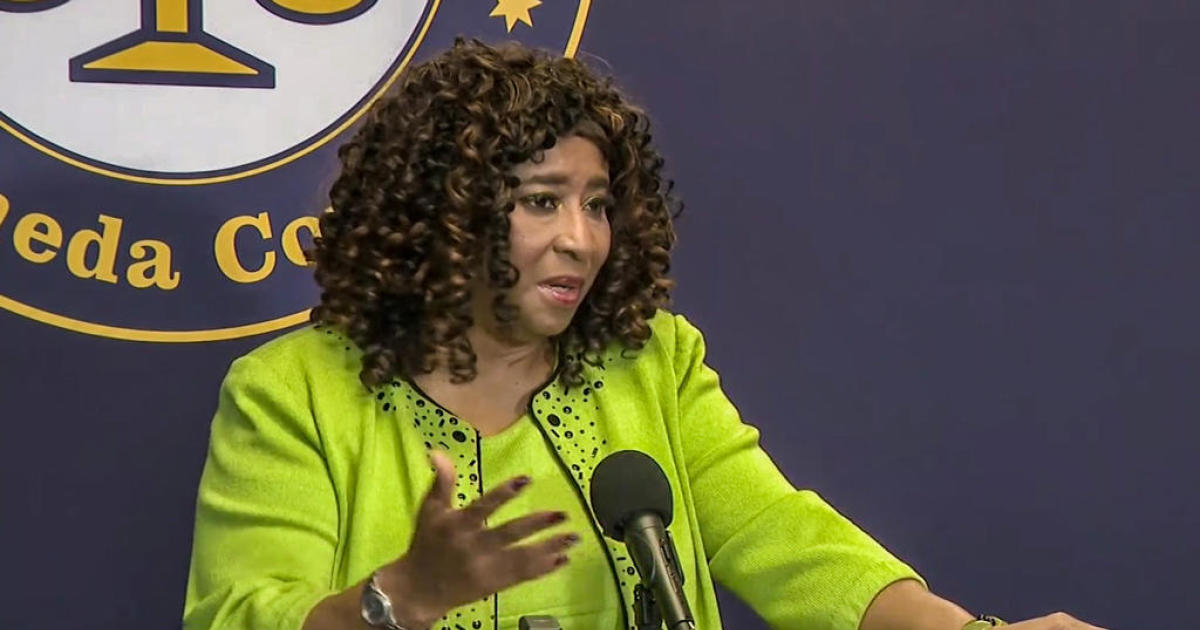Caltrans To Hold Upcoming Hearings On Future Of Highway 37 Corridor Amid Likely Sea Level Rise
SONOMA COUNTY (KPIX 5) – Caltrans is holding two upcoming public meetings to hear from the people about what to do with Highway 37 in the North Bay.
The meetings, scheduled for Tuesday and February 2 are inviting the public to dream big. One thing they can't do is leave the highway the way it is. Mother Nature is seeing to that.
Highway 37 sits just a few feet above sea level, and twice in the last five years, the popular commute route between Solano and Sonoma Counties had to be closed because of flooding.
Most believe it's a foreshadowing of what will happen with sea-level rise and transportation officials consider it unacceptable.
"Highway 37 is a 21-mile-long route. If we have to close it, the detours are over 40 miles long," said Caltrans public affairs chief Bart Ney.
The entire roadway will have to be raised and that will be a monumental project. At Tuesday's meeting, Caltrans will get ideas about what the people would like to see when they eventually reconstruct the highway.
"We're going to look 'big picture' of what needs to happen on State Route 37—improvements that are century-wide," said Ney.
An express bus lane? A bike path? Nothing is off the table.
There is even interest by the State in running a SMART commuter rail line along the 37 corridor from Novato to hook up with Amtrak in Solano County. That would create a rail path for people connecting Solano, Sonoma, Napa and Marin counties.
"It's expensive. So, it's a long-term plan, but I think there's a lot of interest," said Daryl Halls, Solano Transportation Authority Executive Director. "I never heard of people who are really against it. It's just, when do you do it? How do you do it? How do you balance that with the need to improve the highway system?"
But the bigger the dream, the bigger the job, and time is of the essence.
"We don't want to wait 20-30 years to address traffic and flooding," Halls told KPIX 5. "We want to try to tackle that early and then eventually plan for the future."
Transportation agencies are also working on a more short-term fix that could lessen flooding and create a more efficient flow of traffic during the commute.
The ultimate plan won't be cheap, potentially billions of dollars. But it's what's needed to save a road that is already living on borrowed time.
"We need to get that public part into the process right now, so that we're looking at the right potential outcomes," said Ney. "We could potentially build anything with the right resources."
Tuesday's virtual public hearing will address the long-term plan and the hearing on February 2nd will discuss more immediate traffic issues.



